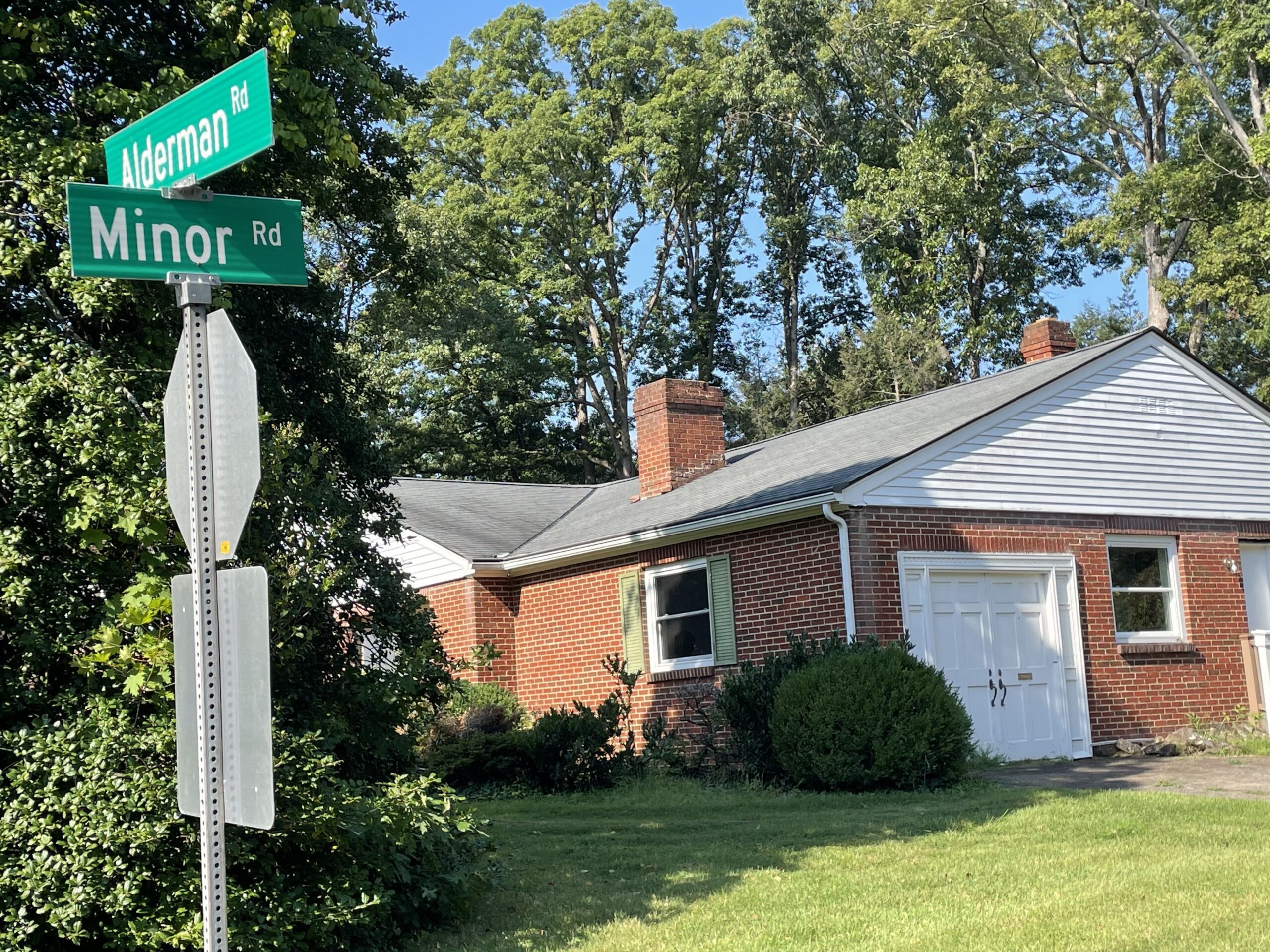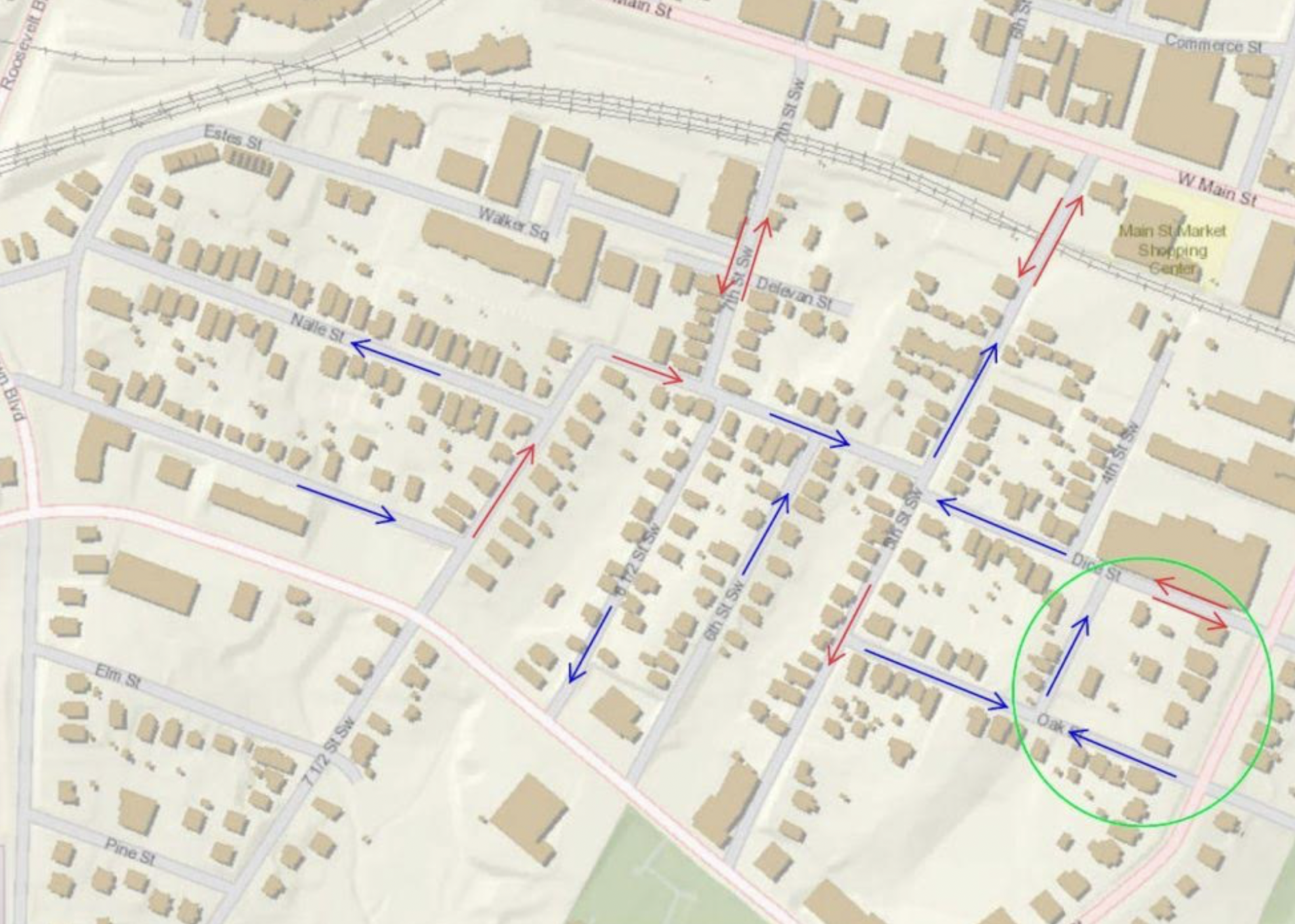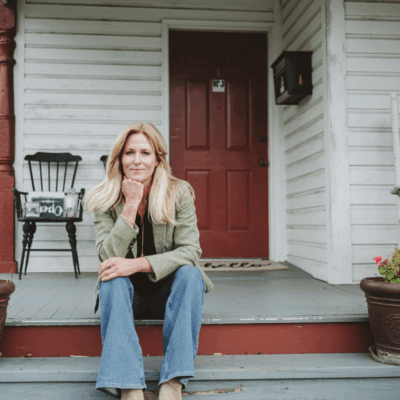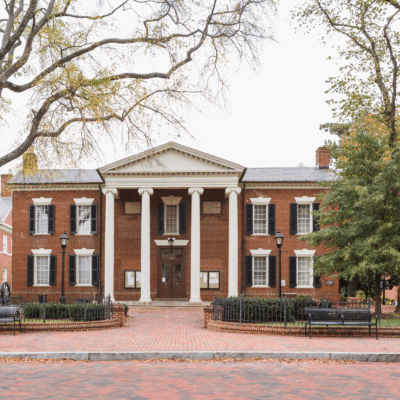The City of Charlottesville has stopped taking any applications for new development while officials figure out how to move forward after its zoning code was thrown out by Judge Claude Worrell on June 30 for a technical error.
On July 1, the city’s Department of Neighborhood Development Services let builders and developers know that all new applications would be paused while the city discusses next steps.
A day later, Charlottesville City Manager Sanders made a public statement.
“It is terribly disappointing that a technical error of filing paperwork could lead to the city not having its development regulations available to the 50,000 residents and property owners in Charlottesville,” Sanders said.
On July 3, the city sent out another message stating that building permits are still being accepted, but everything that involves zoning is under review.
“We are carefully assessing how best to proceed in light of the recent court decision and are holding them in queue while we await further legal and procedural clarity,” reads an update.
Charlottesville City Council adopted a new development code in December 2023 that increased residential density across the entire city in an attempt to eliminate zoning that only allowed single-family homes across much of Charlottesville. A group filed suit a month later alleging the city had not followed Virginia’s rules on coordinating zoning with infrastructure planning. The case was set to go trial next June but the city’s outside counsel failed to file a document on time.
One of the plaintiffs in the case said he wants zoning rules that are achievable.
“In our filings it was stated that if a valid traffic impact study was conducted as required by law, the aggressive [Residential-B and Residential-C districts] would probably not be possible due to the traffic that would be generated and the impact on state roads,” the resident said in an email.
“Without a study, how do you know what our capacity is with our current road system?” he added.
Under the now-discarded rules, someone who owns land in Residential-B could build as many as 12 units if half of them were rented or sold to households below certain income thresholds.
The owners of 2030 Barracks Rd. had planned to divide their property into two lots and construct 24 units. No traffic study would have been required.
One Charlottesville developer said the result is a mess, and called the missed deadline embarrassing.
“It’s a pointless lawsuit, wasting tons of taxpayer money and slowing down housing that city residents desperately need,” said Charlie Armstrong, vice president of Southern Development.
Armstrong hopes the city will reenact the zoning code and do whatever studies the plaintiffs insist are necessary.
However, Armstrong added that he did not think the slowdown would affect his company. Charlottesville’s design and affordability requirements are making large projects infeasible so they’re working in other communities.
Sanders noted in his statement that he is confident the city will eventually restore the now-discarded rules.
“We have been considering actions on how to proceed with securing a zoning ordinance for the city that is unimpeachable on any front,” Sanders said.
Council has nothing related to the situation on its agenda for the July 7 meeting.





